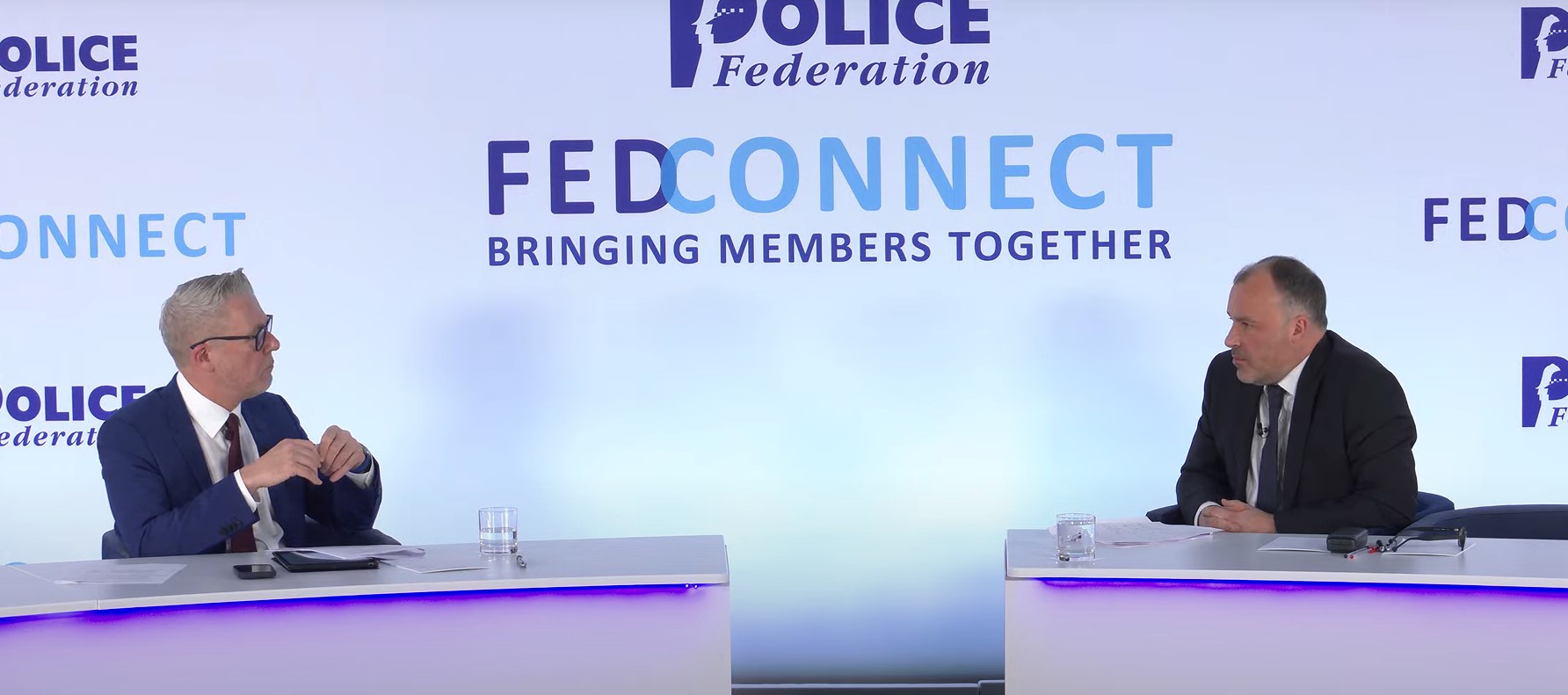Acting Deputy National Secretary John Partington highlighted that PFEW believes that the current pay system is not fair, and that police pay has failed to keep up with the increased costs officers face; coupled with working conditions that place increasing demands on officers’ lives both on and off duty.
Over the past two years, police officers received pay raises of 7% in 2023 and 4.75% this year. Yet, when inflation rates between 3-4% are factored in, the increase equates to a modest 5% rise—against a backdrop of an overall 20% loss in real wages over the past decade. “Even if you look at it positively, we’re still facing a 15% reduction in police officers’ pay,” John stated, highlighting the cumulative erosion of officers’ income.
The problem extends beyond the numbers, as police officers are uniquely restricted from engaging in industrial action to press for better pay. John argued that this limits their negotiating power, especially when other sectors can leverage such measures. “The junior doctors took action, which pressured the government into concessions. For us, even the threat of action isn’t available,” he pointed out. This inability leaves police officers at a disadvantage, often left accepting decisions without sufficient influence over them.
One major sticking point is the role of the Police Remuneration Review Body (PRRB), which replaced the previous system of collective bargaining. Under the PRRB, recommendations are constrained by a “remit letter” from the Home Secretary, which can cap potential pay increases and prioritise specific policy objectives. “The PRRB works in isolation and receives directives from the government, but officers lack transparency into the submissions that inform their recommendations,” John explained. “We need to return to a collective bargaining model,” he advocated, though he noted that any formal return to collective bargaining may be unlikely under the current system.
The Federation’s attempts to influence the PRRB process include lobbying and highlighting inequities in pay and allowances. John criticised the discretionary pay practices where starting salaries could differ across regions, leading to recruitment issues. “You could have two neighbouring forces with different starting salaries, creating recruitment problems,” he argued. Additionally, allowances such as the Southeast and London premium remain inconsistent and at the discretion of individual chief officers.
A range of proposed improvements has been put forward to address police pay and conditions comprehensively. John suggested a “shift alteration allowance” for officers asked to change shifts on short notice, impacting childcare and other personal arrangements. He also highlighted the disparity in annual leave benefits, where police leave in England and Wales falls behind that of other sectors and regions, including police officers in Scotland.
“We need to examine the ‘P factor’ that affects base pay calculations, meant to account for the unique risks and responsibilities of policing,” John added, noting that current formulas for this factor remain opaque.
Frustrations over pay and working conditions have led officers to feel undervalued, with John stating, “Officers do a difficult job every day, but with the current pay mechanism, they don’t feel valued.” The Federation’s limited power to influence outcomes has also created tension between the Federation and its members, with officers eager for more tangible results.
Moving forward, the Federation plans to survey its members to assess support for the PRRB’s recommendations and gauge satisfaction with pay and conditions. The Federation can then use this to amplify officers’ concerns, putting pressure on the government for improvements.
The debate around police officer pay and conditions revealed a complex web of challenges, economic realities, systemic constraints, and a need for a more transparent, equitable system that recognises the unique demands of policing.














